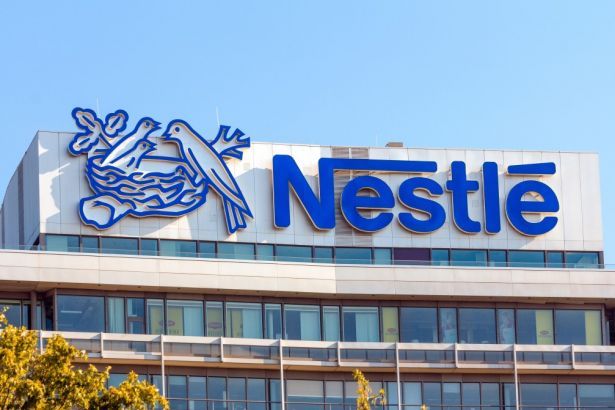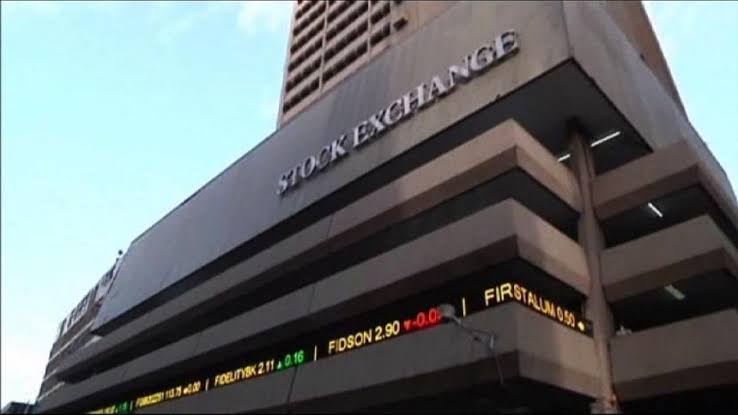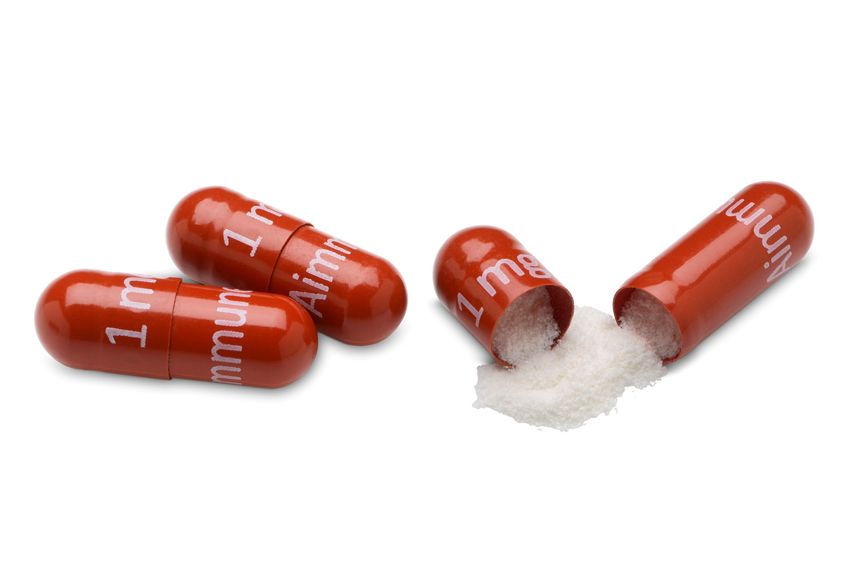Business
Mid-year Report: Nigerian firms stage major comeback after a historic economic slump

… Nestle, NB, Dang-Sugar, others’ impressive performance signposts improving economy
Nigerian companies have turned the corner, and are back to profitability after years of serious challenges and setbacks caused by the meltdown of the nation’s economy, Business Hallmark can report.
All the companies that have so far released their half-year financial reports for 2025, checks revealed, reported impressive performances and growth, while those that are still not totally out of the woods experienced reduced losses, and are expected to be back to profitability by the next quarter as the nation’s economy entered a new era of recovery.
Nigerian businesses had faced tough times in recent years amid market volatility, including supply-chain disruptions caused by collapsed infrastructure and insecurity; high cost of production (energy and transportation e.t c); foreign exchange crisis, and a out of control inflationary trend that eroded many buyers’ purchasing power, among others.
The decision of the new administration of President Bola Tinubu to introduce drastic economic reforms like the removal of fuel subsidies and unification of the multiple foreign exchange windows operated by the Central Bank of Nigeria (CBN) exacerbated the situation by exposing the already weak economy to further shocks.
Spiraling Economic Crises
For instance, the nation’s currency, the naira, reached a record low of over N1,800 against the U.S dollar in the face of a severe dollar shortage in the official and parallel markets in November 2023. The unstable macroeconomic conditions affected the medium and long-term plans of many businesses.
Apart from driving down profitability, it also led to massive job losses, and low tax revenue for the government, and consequently, huge operating losses.
As a result, several small and medium scale companies went out of business, many foreign companies closed shops and exited the country, while those that stayed to continue doing business alongside their Nigerian counterparts were forced to declare huge losses year after year.
For instance, BH analysis of the 2023 full year reports of seven fast-moving consumer goods companies, namely, Nigerian Breweries Plc, Nestle Nigeria Plc, Guinness Nigeria, BUA Foods, PZ Cusson, Unilever Nigeria, and Cadbury showed that the companies recorded a combined after-tax loss of N284.24 billion, compared to a profit of N78.9 billion in 2022.
Specifically, Nigeria’s biggest brewer, NB Plc, recorded the highest loss of N106.31 billion from a profit of N13.19 billion recorded in 2022, making it its first loss in 10 years. The beer maker’s poor performance, findings showed, was largely due to the devaluation of the naira, which caused the company a foreign exchange loss of N153.33 billion in the period under review.
Likewise, another brewing giant, Guinness Nigeria Plc, posted an after-tax loss of N5.23 billion in full year 2023. The company’s loss was attributed to several factors, including a N17.28 billion loss from foreign currency exposure, N3.66 billion from exchange difference on foreign currency loans, and N596.74 million from the exchange difference on letter of credit.
In the same vein, Nestle Nigeria Plc reported its first after-tax loss of N79.47 billion in 2023, compared to an after-tax profit of N48.97 billion in 2022, with a significant portion of the loss, N195 billion in total, stemming from foreign exchange fluctuations.
Other companies, whose results were analysed, like PZ, BUA Foods, and Unilever Nigeria did not fare better.
The negative trend continued in 2024 with many leading companies, including Nestle Plc, MTN Nigeria, Dangote Sugar Refinery, Dangote Cement, NB Plc, BUA Group, Aradel, Cadbury, and West African Gas Pipeline Company (WAPCO) reporting a combined N332.227 billion, about 6.03% decline in aggregate pre-tax profits. Meanwhile, they incurred a combined forex loss of N2.17 trillion in the financial year.
The losses significantly impacted the bottom line of many of the companies, whose shareholders suffered lower, or zero returns on investments.
Sudden Turn Around
However, evidence of a recovery has emerged from the positive H1’2025 reports so far released by some companies and favourable reports by experts and ratings agencies.
The brighter outlook was delivered by positive economic outlooks like improved FX liquidity, stable FX exchange rates, relaxed inflationary pressures, lower energy costs, as a result of improved power supply, and lower fuel prices as well as a marked improvement in the purchasing powers of many Nigerian consumers.
For instance, relative calm had returned to the highly volatile forex market, with the availability of forex to applying companies, while naira has appreciated to about N1,535 from a high of over N1,800 in 2023.
While prices of fuel, especially diesel, which many companies use to generate electricity, and move raw materials and manufactured goods to the markets have crashed from a high of N1,900 to about N950 to N1,250 depending on the location, power supply to homes and businesses has also improved with a peak 6,003 megawatts generation capacity achieved on March 2, 2025, followed by a peak energy evacuation of 5,801 megawatts, and a daily output of over 128,000 megawatt-hours.
Also, inflationary trend has fallen from a high of 33.40% in July 2024 to 21.8% in July 2025 following its rebasing by the National Bureau of Statistics, NBS. As a result, more funds are now available to the buying public. This development has spurred more products orders, prompting producers to start opening up their dormant plants.
According to S&P Global/Stanbic IBTC’s Purchasing Managers’ Index (PMI) for July 2025, private sector activity in Nigeria strengthened in July, with PMI rising to 54.0 from 51.6 in June, driven by accelerated growth in output and new orders.
This positive momentum reflects a solid improvement in business conditions across the non-oil private sector, marking the eighth consecutive month of expansion, the report stated.
“The headline figure derived from the survey is the Purchasing Managers’ Index. Readings above 50.0 signal, an improvement in business conditions on the previous month, while readings below 50.0 show a deterioration.
“The headline PMI rose to a three-month high of 54.0 in July, up from 51.6 in June. The reading signalled a solid monthly improvement in the health of the private sector, extending the current sequence of expansion to eight months.
“The improvement was supported by softening inflationary pressures, increased customer demand and the fastest pace of employment growth since October 2023”.
The survey also reported that Nigeria’s private sector hiring hit 21-month high as companies ramped up production to meet rising demands.
Expectedly, the additional workforce allowed businesses to produce backlogs of needed goods, a development that has helped in easing selling price inflation to its weakest since May 2023.
“Rising new orders and efforts to speed up the completion of projects encouraged firms to take on extra staff at the fastest pace since October 2023.
“Extra workforce capacity meant that companies were able to keep backlogs of work broadly stable, following increases in each of the prior three months”, it stated.
S&P Global/Stanbic IBTC concluded that the July Purchasing Managers’ Index results signposts a strong start to the third quarter for the nation’s non-oil economy.
“Improvements across all five key components—output, new orders, employment, stocks of purchases, and suppliers’ delivery times—point to increasing momentum in private sector activity”, the report noted.
Impressive Performance
Meanwhile, BH analysis of the financial reports of 10 listed companies on the Nigerian Exchange Limited (NGX), namely, Nestle Nigeria Plc, NB Plc, BUA Foods, Dangote Sugar, NASCON Allied Industries, International Breweries, Cadbury Nigeria, MTN Nigeria, and Airtel Nigeria indicated that the firms staged a striking turnaround in their performance for the half year ended 30 June 2025 after two years of consecutive loses.
One of the firms, MTN Nigeria, bounced back from pre-tax losses of N550 billion and N178 billion in 2024 and 2023 respectively, to post a profit after tax of N414.9 billion in half year 2025.
According to the telecoms giant, it recorded a 54.6% year-on-year surge in service revenue to the tune of N2.36 trillion. While earnings before interest, taxes, depreciation, and amortization (EBITDA) soared by 119.5% to N1.2 trillion, EBITDA margin improved by climbing 15 percentage points to 50.6%.
In the same vein, key subscriber metrics grew with total subscribers up 6.7% to 84.7 million, and active data users increasing by 11.8% to 51 million, while data revenue surged 69.2%, aided by a 41.2% rise in traffic, and a growing smart phone user base.
The firm’s fintech arm, MOMO, posted 71.8% revenue growth. Deposits into wallets increased by about 500%, driven by an influx of high-value users.
Speaking on the impressive performance of his company in the first half of the year, MTN Nigeria’s CEO, Karl Toriola, said the performance reflects the successful execution of the firm’s strategic priorities, and a more supportive macroeconomic environment.
“We are firmly on track to restore our balance sheet to positive territory by the end of Q3″, Toriola assured.
Similarly, Airtel Africa bounced back to profitability with its EBITDA rising by 49.9 per cent year-on-year to $185 million, while EBITDA margin expanded to 55.7 per cent.
Specifically, Airtel’s data revenue grew by 40.2 per cent year-on-year, rising from $117 million (N161.93billion) to $164 million (N226.98billion), while voice revenue rose by 19.1 per cent from $112 million (N155.01billion) to $134 million (N185.46billion).
Apart from the telecoms sector, seven companies in the consumer goods sector analyzed in the report also bounced back to profitability after years of loses.
The companies had collectively lost N867 billion to foreign exchange exposure and ballooning interest expenses in the two-year period of 2023 to 2024.
However, the seven listed firms, with the exception of Dangote Sugar, which declared a pre-tax loss of N23 billion, returned a combined pre-tax profit of N289.8 billion in Q1 2025 from a combined loss of N418 billion in Q1 2024.
By the end of Q2 2025, all the consumer goods companies, including Dangote Sugar Refinery, had returned to profitability with a combined pre-tax profit of about N264 billion.
The collective foreign exchange losses of the seven firm also crashed to only N896 million, with Dangote Sugar recording the greatest feat with its FX loss dropping to N160 million from N208.903 billion in the same period of 2024.
Stability Creates Growth
Speaking during a visit President Tinubu at the State House, Abuja at the weekend, the Director-General of the World Trade Organisation (WTO), Prof. Ngozi Okonjo-Iweala, said the president’s reforms have stabilized Nigeria’s economy.
“We think that the President and his team -and we just exchanged with him – have worked hard to stabilize the economy, and you cannot improve an economy unless it’s stable, so he has to be given the credit for the stability of the economy.





